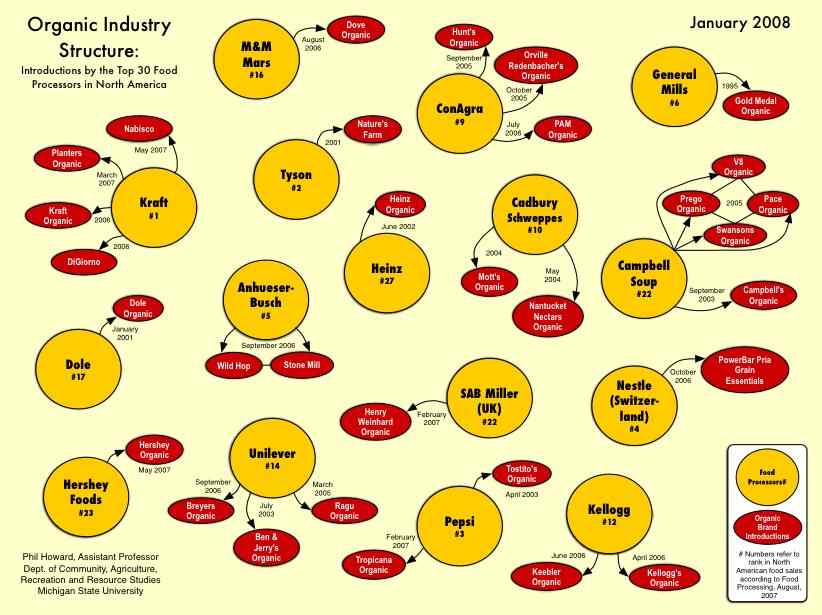 WaPo | It's an odd time for liberals to feel smug. But even with Democratic fortunes on the wane, leading liberals insist that they have almost nothing to learn from conservatives. Many Democrats describe their troubles simply as a PR challenge, a combination of conservative misinformation -- as when Obama charges that critics of health-care reform are peddling fake fears of a "Bolshevik plot" -- and the country's failure to grasp great liberal accomplishments. "We were so busy just getting stuff done . . . that I think we lost some of that sense of speaking directly to the American people about what their core values are," the president told ABC's George Stephanopoulos in a recent interview. The benighted public is either uncomprehending or deliberately misinformed (by conservatives).
WaPo | It's an odd time for liberals to feel smug. But even with Democratic fortunes on the wane, leading liberals insist that they have almost nothing to learn from conservatives. Many Democrats describe their troubles simply as a PR challenge, a combination of conservative misinformation -- as when Obama charges that critics of health-care reform are peddling fake fears of a "Bolshevik plot" -- and the country's failure to grasp great liberal accomplishments. "We were so busy just getting stuff done . . . that I think we lost some of that sense of speaking directly to the American people about what their core values are," the president told ABC's George Stephanopoulos in a recent interview. The benighted public is either uncomprehending or deliberately misinformed (by conservatives).This condescension is part of a liberal tradition that for generations has impoverished American debates over the economy, society and the functions of government -- and threatens to do so again today, when dialogue would be more valuable than ever.
Liberals have dismissed conservative thinking for decades, a tendency encapsulated by Lionel Trilling's 1950 remark that conservatives do not "express themselves in ideas but only in action or in irritable mental gestures which seek to resemble ideas." During the 1950s and '60s, liberals trivialized the nascent conservative movement. Prominent studies and journalistic accounts of right-wing politics at the time stressed paranoia, intolerance and insecurity, rendering conservative thought more a psychiatric disorder than a rival. In 1962, Richard Hofstadter referred to "the Manichaean style of thought, the apocalyptic tendencies, the love of mystification, the intolerance of compromise that are observable in the right-wing mind."
This sense of liberal intellectual superiority dropped off during the economic woes of the 1970s and the Reagan boom of the 1980s. (Jimmy Carter's presidency, buffeted by economic and national security challenges, generated perhaps the clearest episode of liberal self-doubt.) But these days, liberal confidence and its companion disdain for conservative thinking are back with a vengeance, finding energetic expression in politicians' speeches, top-selling books, historical works and the blogosphere. This attitude comes in the form of four major narratives about who conservatives are and how they think and function.
















